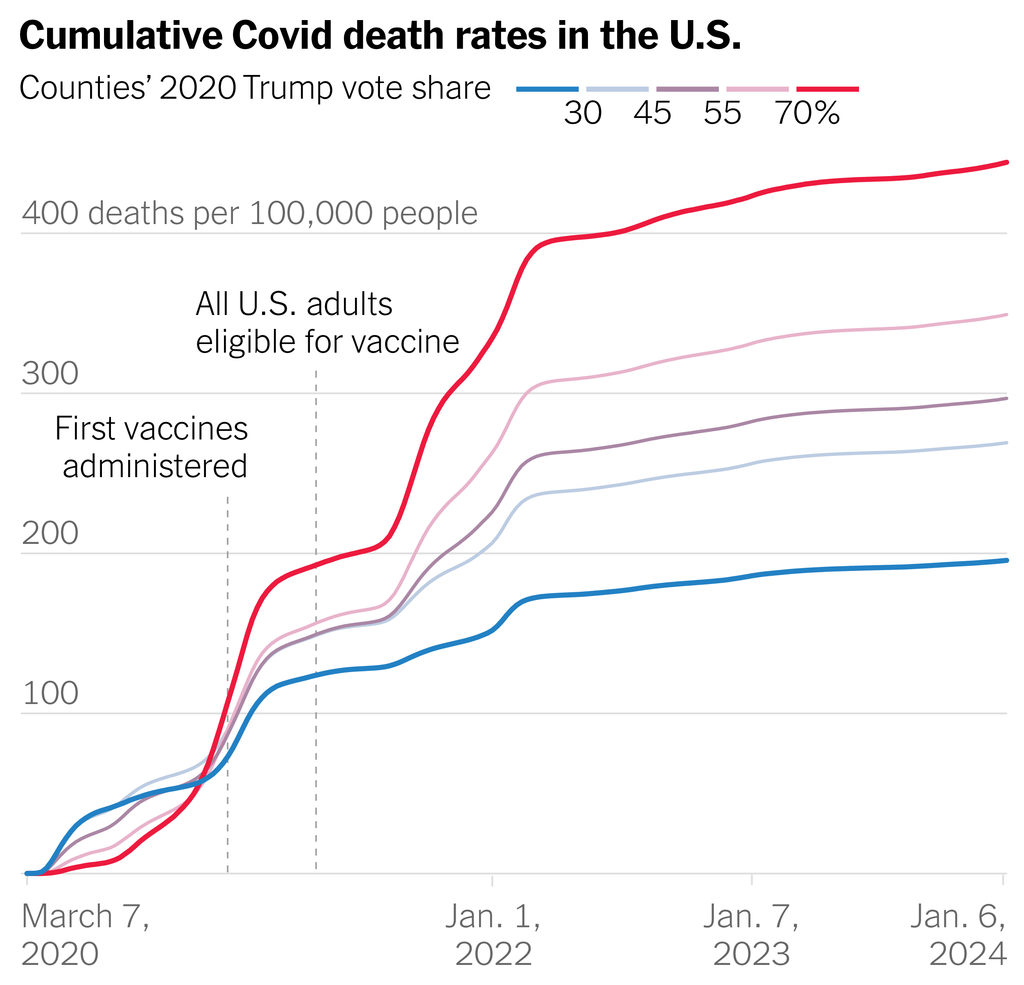
Each of us’ righteousness seemed like a lightbulb. Some shine like 100 watt others like a 15 Watt bulb. what we must remember is that in the bright sunshine of God‘s righteousness neither the 15 watt or the 100 watt bulbs are discernible.
Beauty
…we perceive beauty because it is real and true, and discover in it, a gateway into the mystery of the universe, that which lies beneath and within.
FR Stephen Freeman
The prophets warned that the making of idols—those objects or ideas or affiliations that replace for us what should be ultimate—are destructive. At this moment, though, the idols don’t seem to be killing us. They seem to be helping us succeed. In reality, though, they are doing worse than killing us—they are deadening us.
Idols are useful. They draw people together. They give a person a sense of meaning, a cause for which to live and die. Nothing can mobilize a nationalistic sense of identity better than the chant “Great is Artemis of the Ephesians!” (Acts 19:28). Their usefulness, though, is the very reason the Bible says they are useless.
Idols have two fatal flaws: They are self-created and they are dead. The man who “falls in love” with his chatbot can have all the glandular sensations of what seems like a love affair. Ultimately, though, he has to know that what he “loves” is himself—what the algorithms repeat back to him is what he put there in the first place. Idols, the Bible warns, are dead. And what’s worse, the Bible warns, “Those who make them become like them; so do all who trust in them” (Ps. 115:8).
At the end of the path to idols, you end up enclosed in your own self, but a part of you knows that what’s controlling you is a construction of your making. You end up, moreover, dead—numb to the very source of your life and being. And then, seeking to answer the deadness, you construct some other idol to give a rush of what feels like life.
Russell Moore
Nazism
Nazism was seductive precisely because it promised an immediate fix to parliamentary gridlock, an end to economic chaos, and a refusal to bow to the crushing indemnities and humiliating conditions imposed upon Germany by the western powers after the First World War. For many Germans, the Nazi party was an alternative and perhaps even the answer to the trauma, divisions, and poverty after the First World War.
Nazism was not an alien political doctrine that appeared out of nowhere. Nazism succeeded because it embodied what people either believed or wanted to believe. Nazism was an incredibly eclectic worldview, combining Darwinian science, pseudo-sciences like eugenics, incorporating some aspects of Lutheranism, elements of the philosophy of Nietzsche, the music of Wagner, Nordic mythology, anti-Jewish conspiracy theories, numerology, idealized masculinity, nationalism, militarism, anti-communism, and belief in the magical power of ancient artefacts – it had something for everyone!
Nazism appeared to be scientific, spiritual, progressive, and effective, the new type of civilization the world needed. As a philosophy, Nazism was internally consistent to the point that it appeared self-evident to many people, which is precisely why it attracted supporters from all over Europe.
This is why many political philosophers and political theologians have spent so much time studying Nazi Germany and Stalinist Russia, because we want to understand how a totalitarian movement “works,” how does it seduces and succeeds? How can people participate in a sadist regime where it’s main mode of discourse is terror? We like to think that the Nazi leaders were either monsters or mad. But that probably says more about our sense of horror at the Nazis but does not really explain them.
But let’s be honest, it’s hard to understand the evil of the Nazis, we cannot imagine the rationality for it. But to prevent it one must understand it, which means we must engage in the unpleasant task of trying to get inside the head of the Nazis, into their mentality, look upon their brutality and banality, even if such a gaze burns our eyes.
Michael Bird
Theology
Theology’s mother tongue is prayer and confession, the language of the liturgy, but these aren’t genres so much as modes that transform disparate genres into vehicles of divine discourse. Like Jacob’s Ladder, the traffic runs both ways.
Brad East
Belief
It is dishonest to cling to a belief which the facts will not support, but it is equally dishonest to withhold your assent from a belief if the evidence at your disposal is overwhelmingly in its favour.
G. B. Caird
Experts
It is a curious fact that in this age of specialization we are prepared to trust the word of the expert in almost every other sphere, but in religion it is tacitly assumed that the person in the street knows best.
If we were consistent, we should pay at least as much respect to the saint in religion as we do to the genius in any other field of knowledge or experience.
If you want to be sure about Christianity, you must try it and see.
Yet only those who have sincerely tried to live the Christian life are qualified to pass judgment on the Christian faith.
G. B. Caird
Pandemic
March 11, 2020
Four years ago today, society began to shut down.
Shortly after noon Eastern on March 11, 2020, the World Health Organization declared Covid — or “the coronavirus,” then the more popular term — to be a global pandemic. Stocks plummeted in the afternoon. In the span of a single hour that night, President Donald Trump delivered an Oval Office address about Covid, Tom Hanks posted on Instagram that he had the virus and the N.B.A. announced it had canceled the rest of its season.
It was a Wednesday, and thousands of schools would shut by the end of the week. Workplaces closed, too. People washed their hands frequently and touched elbows instead of shaking hands (although the C.D.C. continued to discourage widespread mask wearing for several more weeks).
The worst pandemic in a century had begun.
Today, on the unofficial fourth anniversary, I’ll update you on where things stand.
The true toll
Covid’s confirmed death toll — more than seven million people worldwide — is horrific on its own, and the true toll is much worse. The Economist magazine keeps a running estimate of excess deaths, defined as the number of deaths above what was expected from pre-Covid trends. The global total is approaching 30 million.
This number includes both confirmed Covid deaths and undiagnosed ones, which have been common in poorer countries. It includes deaths caused by pandemic disruptions, such as missed doctor appointments that might have prevented other diseases. The isolation of the pandemic also caused a surge of social ills in the U.S., including increases in deaths from alcohol, drugs, vehicle crashes and murders.

Key to wisdom
One of the keys to wisdom is that we must recognize our own biases, our own addictive preoccupations, and those things to which, for some reason, we refuse to pay attention. Until we see these patterns (which is early-stage contemplation), we will never be able to see what we do not see. Without such critical awareness of the small self, there is little chance that any individual will produce truly great knowing or enduring wisdom.
Richard Rohr

View from the Front Porch
Discipleship
The word discipleship and the word discipline are the same word, which has always fascinated me. Once you have made the choice to say, “Yes, I want to follow Jesus,” the question is, “What disciplines will help me remain faithful to that choice?” If we want to be disciples of Jesus, we have to live a disciplined life.
BY discipline, | do not mean control. If I know the discipline of psychology or of economics, | have a certain control over a body of knowledge. If I discipline my children, I want to have a little control over them.
But in the spiritual life, the word discipline means “the effort to create some space in which God can act.” Discipline means to prevent everything in your life from being filled up. Discipline means that somewhere you’re not occupied, and certainly not preoccupied. In the spiritual life, discipline means to create that space in which something can happen that you hadn’t planned or counted on.
Discipline means to prevent everything in your life from being filled up.
Henry Nouwen
Our front porch is — that space in which something can happen that you hadn’t planned or counted on.